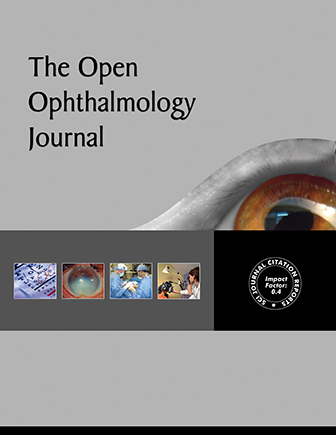All published articles of this journal are available on ScienceDirect.
Dexamethasone Intravitreal Implant for Previously Untreated Macular Edema due to Retinal Vein Occlusion: An Open-label Phase IV Study in China
Abstract
Introduction/objective
Effective treatment of retinal vein occlusion (RVO) is critical to improve vision outcomes. Requirements for repeated intravitreal injections highlight the need for treatments with reduced dosing frequency. The open-label, post-approval YANGTZE study (NCT03908307) evaluated dexamethasone implant in Chinese patients with macular edema due to RVO.
Methods
Eligible patients had previously untreated macular edema due to RVO. Patients received dexamethasone implant 700 μg and were followed up for 12 months; additional injections were administered based on clinical judgement. Primary endpoints were mean change from baseline (CFB) in best-corrected visual acuity (BCVA), proportion of patients with improvement in BCVA ≥15 letters at month 6, and area under the curve (AUC) of average CFB in BCVA.
Results
Overall, 70 patients were enrolled and treated with dexamethasone implant (mean: 2.3 injections). Mean ± standard deviation CFB in BCVA was 10.3 ± 12.1 letters at month 6 and 10.5 ± 12.1 letters at month 12 (both p < 0.001 vs. baseline). Improvement from baseline in BCVA of ≥15 letters was reported in 34.3% and 37.1% of patients at months 6 and 12, respectively. AUC analysis of CFB in BCVA showed significant improvement (p < 0.001). The most frequent adverse event was increased intraocular pressure, reported in 26 patients (37.1%).
Discussion
Despite less frequent administration than typical aVEGF therapy, dexamethasone implant still leads to clinically meaningful improvements in functional and anatomical outcomes.
Conclusion
Dexamethasone intravitreal implant was associated with sustained improvements in BCVA in Chinese patients with RVO. Safety outcomes were consistent with previous studies.


